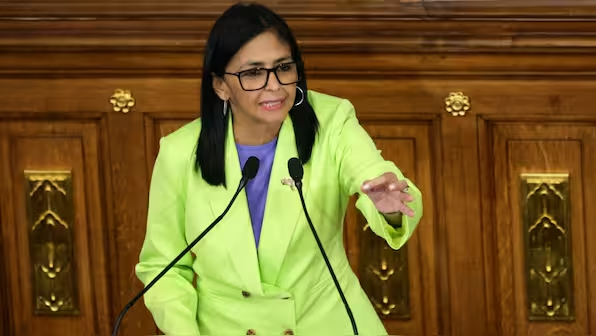
Licensing, enforcement, and internet regulations updated to boost efficiency, innovation, and user protection in the digital era…
The Nigerian Communications Commission (NCC) has initiated a review of three crucial regulatory instruments, aiming to improve efficiency, accessibility, and competitiveness across the country’s communications industry.
The announcement was made on Tuesday by Aminu Maida, Executive Vice-Chairman (EVC) of the commission, during a public enquiry held in Abuja on subsidiary legislation.
The regulations under review include the licensing regulations, enforcement processes regulations, and the internet code of practice.
Speaking through Rimini Makama, NCC’s Executive Commissioner for Stakeholder Management, Maida explained that the move is part of the commission’s effort to align with global best practices while creating a robust communications framework that benefits all stakeholders.
“These regulations are essential to ensuring that Nigeria’s communications sector remains viable and competitive,” he said.
Key Updates to Internet Code of Practice
According to the EVC, the updated internet code reflects Nigeria’s rapidly evolving digital landscape. It is designed to protect user rights while holding service providers to the highest ethical and technical standards.
The revisions introduce significant provisions, including:
- Open internet access
- Cybersecurity and data protection
- Use of artificial intelligence by operators
- Child online safety
- Network governance
- Anti-spam measures
Enhanced Enforcement Regulations
Maida emphasized that as the industry evolves in a globally connected market, the commission needs broader enforcement mechanisms. The updated enforcement processes aim to provide more flexible and comprehensive regulation.
Streamlined Licensing Rules
Licensing remains central to the NCC’s mandate, requiring all operators seeking to offer communications services in Nigeria to secure approval. The revised licensing regulations aim to simplify the process, clarify obligations, and introduce rules covering:
- General authorisations
- Licence renewals
- Corporate restructuring and transfers
- Sanctions and enforcement mechanisms
“These changes are designed to make it easier to do business, foster innovation, and ensure regulatory clarity,” Maida said.
Adapting Regulations to Emerging Technologies
Earlier, Chizua Whyte, Head of Legal and Regulatory Services at NCC, highlighted that the Nigerian Communications Act of 2003 empowers the commission to develop and amend regulatory instruments. She noted that rapid technological advancements are transforming the country’s communications sector, requiring regulations to evolve at the same pace.
“Several significant updates and new provisions have been proposed, which will be discussed during this public enquiry,” Whyte said, emphasizing the NCC’s commitment to a participatory and transparent regulatory process following six months of stakeholder consultations.



